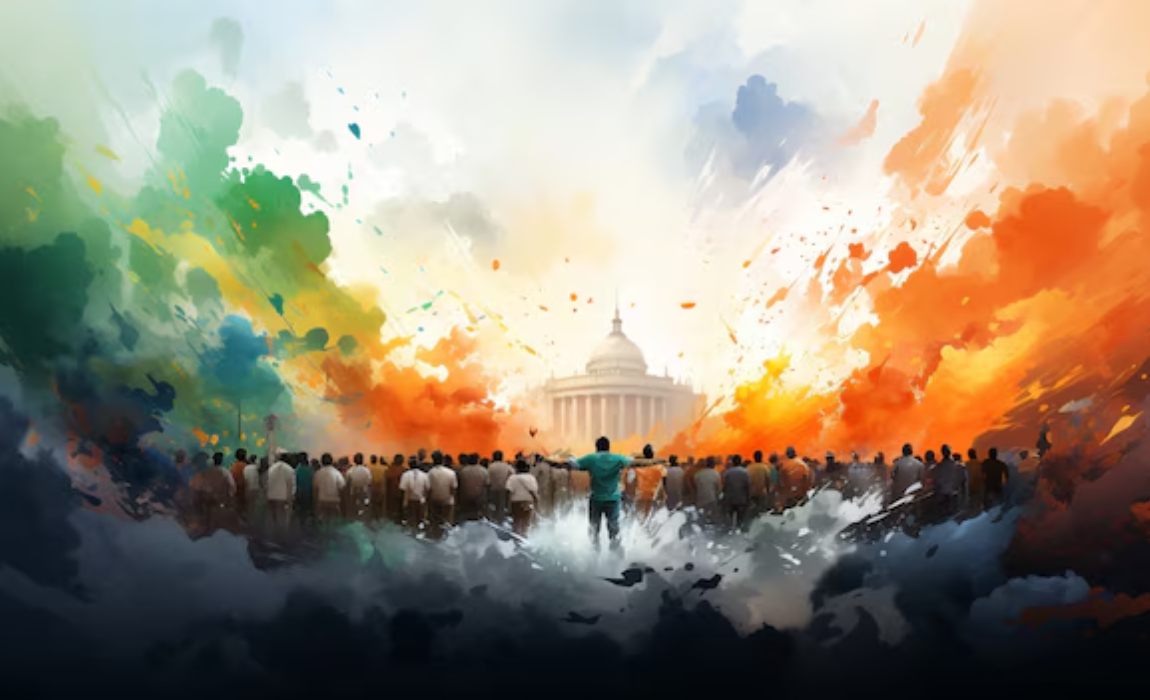
SIR of Electoral Rolls: A Crucible for India’s Democracy
In India’s vast and noisy democracy, the electoral roll is more than a list of names—it is the gateway to the most fundamental democratic right: the vote. Without an accurate, inclusive, and transparent roll, elections risk losing their legitimacy. This year, the Election Commission’s Special Intensive Revision (SIR) of the electoral rolls has transformed that gateway into a political battleground, testing the very trust on which our democracy rests.
Unlike the annual Special Summary Revision, which updates existing lists, the SIR is a full scale, door-to-door rebuilding of voter rolls. Its stated aim is simple yet ambitious: to remove ineligible names—such as those of the deceased, duplicates, or migrants—and to ensure that every eligible citizen finds their name on the list. The Commission argues that this exercise, last conducted in Bihar in 2003, is overdue and essential to electoral integrity.
Bihar is currently the epicentre of this process. Beginning in June 2025, the revision fixed July 1 as the qualifying date. Pre-filled forms were distributed through Booth Level Agents, with draft rolls published on August 1. Citizens now have until September 1 to file claims or objections, before the final list is released on September 30. Similar exercises are being launched in Assam, Rajasthan, and other states, signalling a broader push for “cleaner” rolls.
Supporters of the SIR, including NDA allies, hail it as a long-awaited measure to rid the rolls of “ghost voters” and enhance transparency. They point to bloated lists containing names of deceased persons or multiple entries for the same voter—flaws that erode confidence in election results.
Yet, the SIR has also drawn sharp political fire. Opposition parties, particularly the INDIA Bloc, accuse the Commission of using the revision as a political weapon to suppress certain voter groups. Leaders such as Rahul Gandhi and Tejashwi Yadav argue that the compressed timelines and strict documentation requirements will disproportionately harm the poor, migrants, and minorities—those already at the margins of political power. In West Bengal, Chief Minister Mamata Banerjee has gone further, branding the exercise a “hidden NRC plot” aimed at mass disenfranchisement.
Protests, road blockades, and high-pitched rallies have followed. The controversy has spilled into the Supreme Court, with petitioners demanding greater transparency, particularly regarding voters whose names are slated for deletion. The Election Commission insists it will not delete any name without issuing prior notice, offering an opportunity to respond, and passing a reasoned order. A two-tier appeals mechanism, it says, will safeguard voter rights. Critics, however, remain sceptical, warning that haste and opacity could still lead to wrongful exclusions.
The core of the dispute lies in the balance between accuracy and accessibility. Everyone agrees that electoral rolls should be clean. But the means of achieving that goal must not undermine the right to vote. A revision that is too rapid, insufficiently transparent, or inconsistently applied risks becoming an exclusionary tool rather than an inclusive safeguard.
If this process is to strengthen democracy rather than fracture it, three imperatives stand out. First, maximum inclusion—with special efforts to reach vulnerable populations—must guide the revision. Second, complete transparency is non-negotiable; deletions should be open to public scrutiny, with clear explanations provided. Third, adequate timeframes are vital; rushing such an exercise invites error and erodes trust.
India’s elections are often celebrated as a “festival of democracy.” But like any festival, they require careful preparation and an open invitation to all. The SIR, at its best, can be an exercise in democratic renewal, reaffirming that every citizen’s voice matters. At its worst, it can deepen suspicion and alienation.
The Election Commission now stands at a pivotal moment. Its handling of the SIR will not only determine the integrity of the upcoming polls but also shape public faith in the very machinery of Indian democracy. The choice is clear: make this revision a model of openness and inclusion, or risk casting a shadow over the legitimacy of the electoral process.
In the end, the true test is not merely about revising a list—it is about revising and reaffirming our collective commitment to a democracy where every citizen counts.
